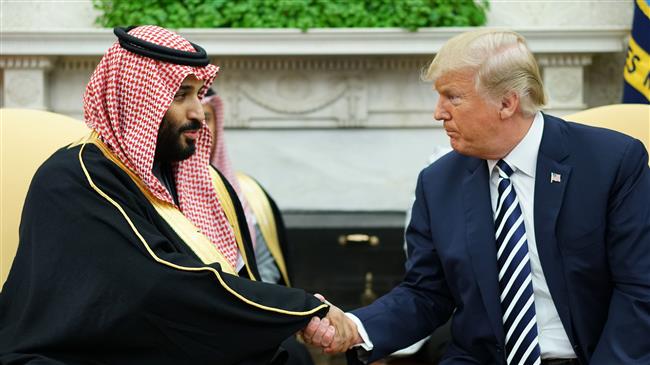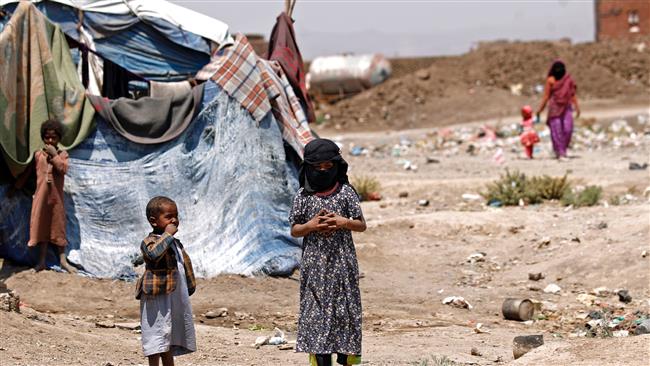Saudi Arabia blacklisted for lax control on terror financing: Report
Saudi Arabia has reportedly been included in an EU draft list of countries that pose a threat to the bloc due to their alleged lax control on money laundering and terrorism financing.
An EU source and a Saudi source told Reuters on Friday that the European Commission had added Riyadh to its blacklist, which already includes 16 states based on criteria used by the Financial Action Task Force (FATF), a Paris-based watchdog.
The EU claims that the countries blacklisted "have strategic deficiencies in their anti-money laundering and countering the financing of terrorism regimes that pose significant threats to the financial system of the Union.”
The bloc has recently taken a new methodology, under which jurisdictions may also be blacklisted if they fail to provide sufficient information on ownership of companies or if they have lax rules on reporting suspicious transactions or monitoring financial customers.
The EU’s decision to include Saudi Arabia in its blacklist needs an endorsement by the bloc’s 28 member states before being formally adopted next week.
The updated list is still confidential, according to the two sources.
Saudi Arabia is under mounting pressure over the assassination of dissident journalist Jamal Khashoggi at Riyadh’s Istanbul consulate in October 2018. The killing is widely believed to have been ordered by the kingdom’s US-backed Crown Prince Mohammed bin Salman.
Riyadh has sought to distance bin Salman from the case despite the conclusion by US senators and the CIA that he was behind the murder.
The possible blacklist would further complicate Saudi Arabia’s financial ties as the EU’s banks are required to carry out additional checks on payments involving entities from listed jurisdictions.
Capital Economics halves Saudi growth forecast for 2019
Separately on Friday, a report from London-based research firm Capital Economics found that key economies in the Middle East and North Africa (MENA) are expected to be hard hit this year as oil output drops and governments rein in spending.
Saudi Arabia, the report said, will see its growth almost cut in half to 1.3 percent in 2019, down from 2.5 percent last year.
It further predicted the kingdom’s return to austerity in the latter half of the year, saying the planned generous spending announced in the Saudi budget is likely based on dodgy assumptions.
"The budget seemed to be based on an optimistic forecast for oil to average $80 [per barrel]," the report added.
This is while Saudi Arabia is struggling with the high cost of its protracted war on Yemen.
It has signed multi-billion-dollar contracts to purchase weapons and military equipment from several western countries amid stiff resistance from the Yemenis.
During Trump's visit to Riyadh in May 2017, Saudi Arabia agreed to buy $110 billion worth of US weapons and signed other "investment" deals worth $350 billions.
In September, Trump called on Saudi Arabia to increase its military spending, with an eye on more weapons sales to the "rich" kingdom.
‘Clock ticking’: UNRWA slams unjustifiable killing of children in Gaza
BP to be sued in Britain for supplying oil to Israel
VIDEO | Press TV's news headlines
Israeli strikes on north Gaza hospital ‘extremely dangerous, terrifying’: Director
VIDEO | Yemen targets Tel Aviv with Palestine 2 missiles
Pezeshkian: Iran resolved to complete North-South Transport Corridor
VIDEO | Iran-Syria: For Resistance
Qassam Brigades claims killing 3 Israeli troops in northern Gaza
















 This makes it easy to access the Press TV website
This makes it easy to access the Press TV website